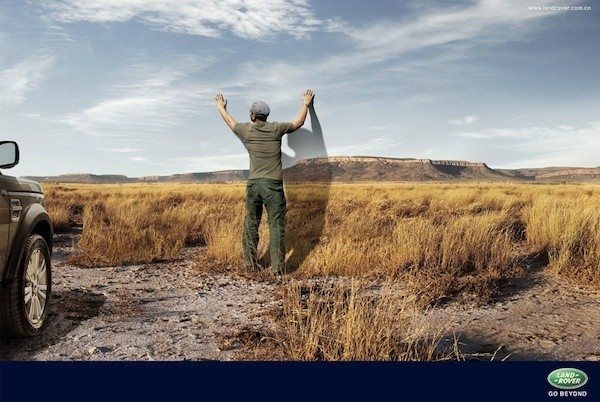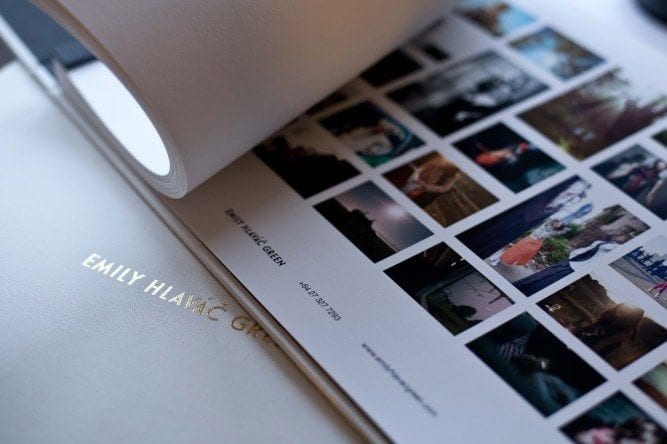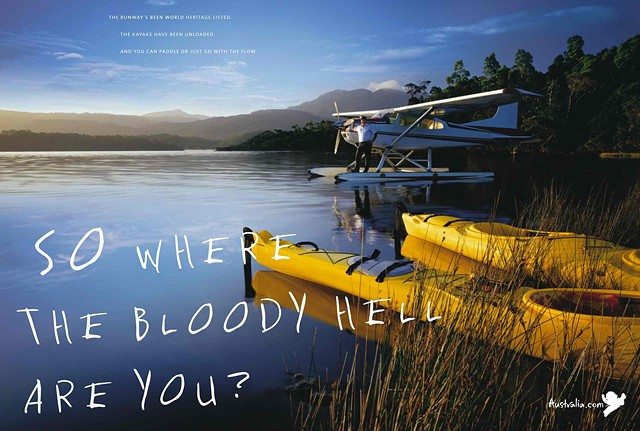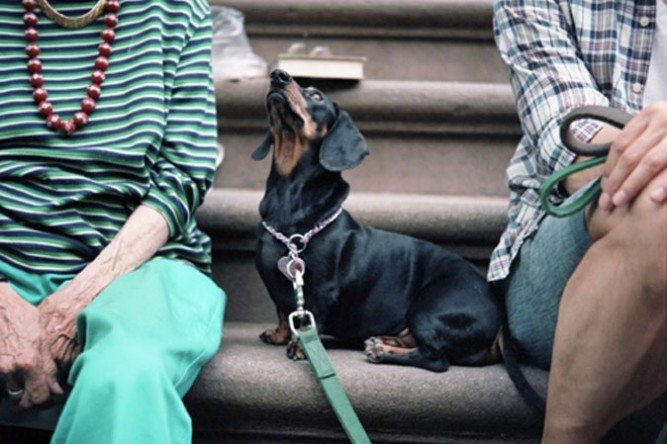“I wish I had the courage to live a life true to myself”
This is the number one most common regret shared by people at the end of their life, as studied and researched by Doctor Gabor Mate, a specialist in the human condition- particularly when it comes to life’s regrets and unfulfilled potentials.
He found that the resulting self-suppression and constant internal conflict caused major psychological and physical health issues.
As a lens based image maker you’ve probably made a decision to do something you love, so congratulations on following your heart. Whether you started 30 years ago or 5 years ago we all know it’s not an easy path.
But if you look back at why you chose photography (and these reasons could be manifold, including the freedom to travel, to be seen, to belong, to collaborate, or to share, as well as an obvious attraction to making imagery) how far away are you from the original dream? And are you happy with where you’ve found yourself?
I’m not saying there’s a reality which is permanently rosy. Of course you sometimes work on briefs that don’t float your boat, or you get a difficult client here and there. Commercial photography almost always involves some compromise.
But I cannot emphasise how many photographers I meet who have allowed those occasional difficult clients and briefs to become their norm. And who have drifted down some other unsatisfying path which bears no resemblance to the goal.
If this resonates, even a tiny bit, Dr. Maté suggests the following (and I’ve added how I think you can apply this to your photography business):
1. Regular self-reflection to identify areas where you’re not being true to yourself.
In the case of photography, this could be revisiting your best work and the work you love doing (usually the same thing!) and making sure you allow that to guide your direction and work you seek.
2. Gradually setting boundaries and saying ‘no’ to things that don’t align with your values.
Learn how to say no to the briefs which don’t align with your goals, or set parameters which allow you to get paid well and educate those clients into not taking advantage or devaluing you. Only share the work you want to do more of, so that you regain the driver’s wheel. Your own boundaries can change everything.
3. Seeking support through therapy or counseling to work through deep-seated fears and limiting beliefs.
And get a mentor who can help you see your best work and who you really are, who supports your dream but understands how to harness this in a way which is practical and converts into work. This should not replace therapy by a trained psychologist but can be an incredible way to address your creative blocks and get excited again about image making, leading to a more positive outlook and reaching your potential.
4. Practicing small acts of authenticity daily, gradually building the courage to be more genuine in all aspects of life.
Regularly make truly personal work for yourself which is for no one but you, but which, if shared, helps people understand who your really are and where you really want to go. This could range from a deeply thought through project to a simple shoshin (beginner’s mind) approach.
Why did you choose this career? And what can you start doing today to get you back onto the path you are excited about again?

 Marketing
Marketing Folios & Editing
Folios & Editing Finding Direction
Finding Direction Asia Assignments
Asia Assignments Personal Work
Personal Work Closing the deal
Closing the deal Most Recent
Most Recent Case studies
Case studies Interviews
Interviews